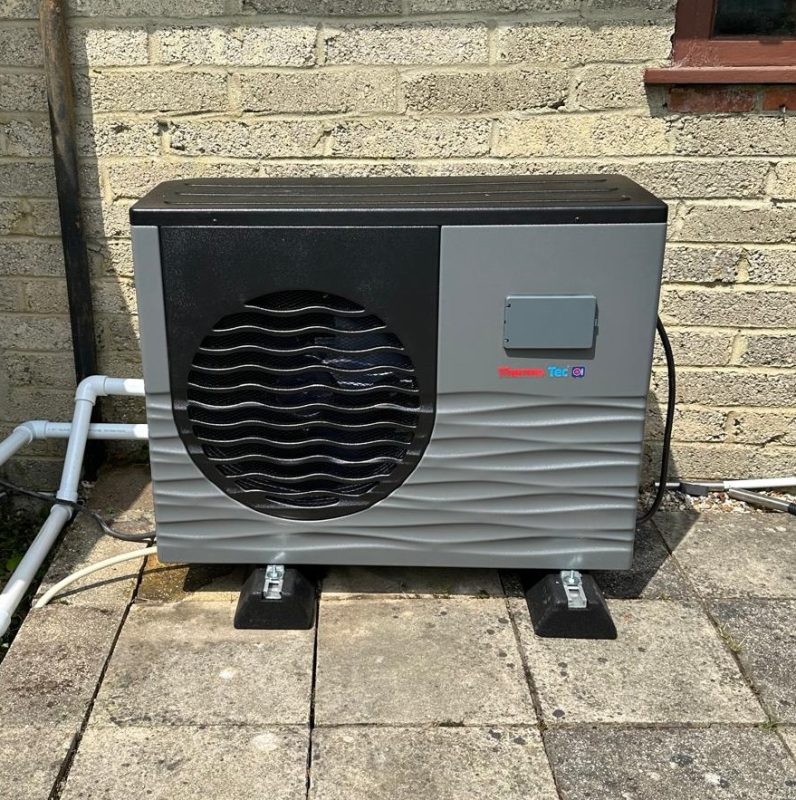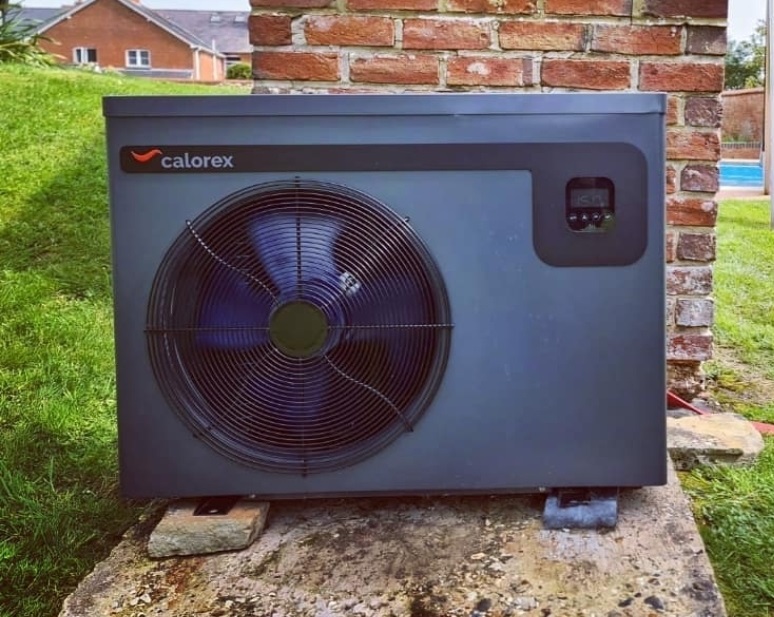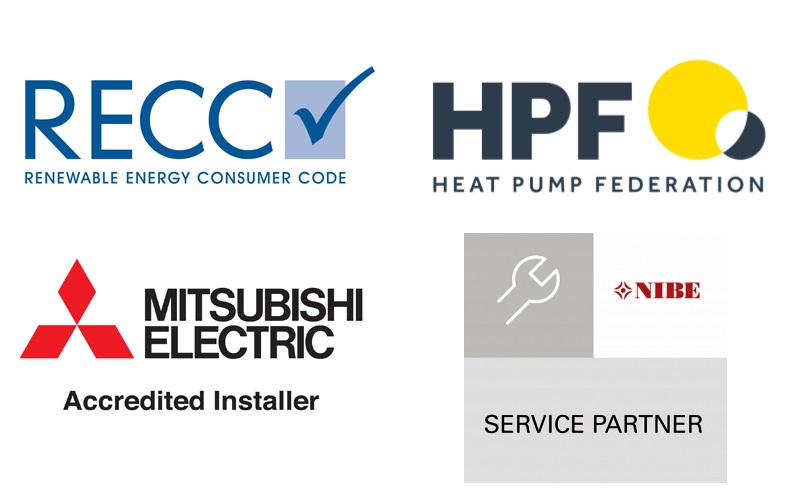Swimming Pool Units
Swimming Pool Units
Unit has power but not heating the water
There would be two main areas an engineer would initially test: the main circulation pump and refrigerant levels. Pumps can seize at any time – these may feel very warm to the touch or make a buzzing sound. Without this functioning, flow around the system cannot be produced.
In terms of the refrigerant circuit, you can perform a visual check to see if there are any fluid deposits that could indicate a leak – or review if there are any noticeable cracks/splits on the housing of the heat exchanger where refrigerant fluid could escape from.
Alternatively, you may consider ensuring the evaporator / condenser coils are clean and free from debris – as this can reduce the quality of efficiency.
 Fan not running
Fan not running
Some initial areas you can review would be to check if there is power to the unit and / or has anything tripped? Can you see any debris inside stopping the fan from moving?
On assumption that power is going to the unit, we’d then start to investigate whether the internal motor has ceased or another component, such as a capacitor, is preventing the fan from operating.
Unit is freezing up and barely working
 Poor air flow can attribute to this and thus units should have a good amount of clearance around them, free of vegetation. In addition, regular maintenance in cleaning coils will assist greatly in ensuring the system upholds good air flow. The tools required to safely do so can be inexpensive to purchase and simple to action.
Poor air flow can attribute to this and thus units should have a good amount of clearance around them, free of vegetation. In addition, regular maintenance in cleaning coils will assist greatly in ensuring the system upholds good air flow. The tools required to safely do so can be inexpensive to purchase and simple to action.
A professional however, may also need to check refrigerant levels, expansion valves and water flow if issues persist, as these are some common areas for systems freezing up.
I think there is a leak on the system
Differentiating between condensation and a leak can be tricky if you don’t know what to look for. It’s entirely normal for a heat pump to produce a large amount of condensation when providing heating and often separate drain pipework will be connected to take this away. However not all units are installed this way, some with a soakaway [gravel] underneath the unit for condensate water to drip in to.
If there is water somewhere else on pipework away from the unit or you are just uncertain in general, take a video of the affected area and contact a professional for further guidance.
The breaker keeps tripping
In the first instance, we would suggest contacting a professional to review whether electrically, all is sound with the load and wiring. Turning off the system until a site visit can be attended would be safes option.
Some components do trip electrics when they are failing, such as the compressor, however this may not mean the end of your system. Dependant on the age of the system and available parts, a small investment in repairing may give you further longevity.







